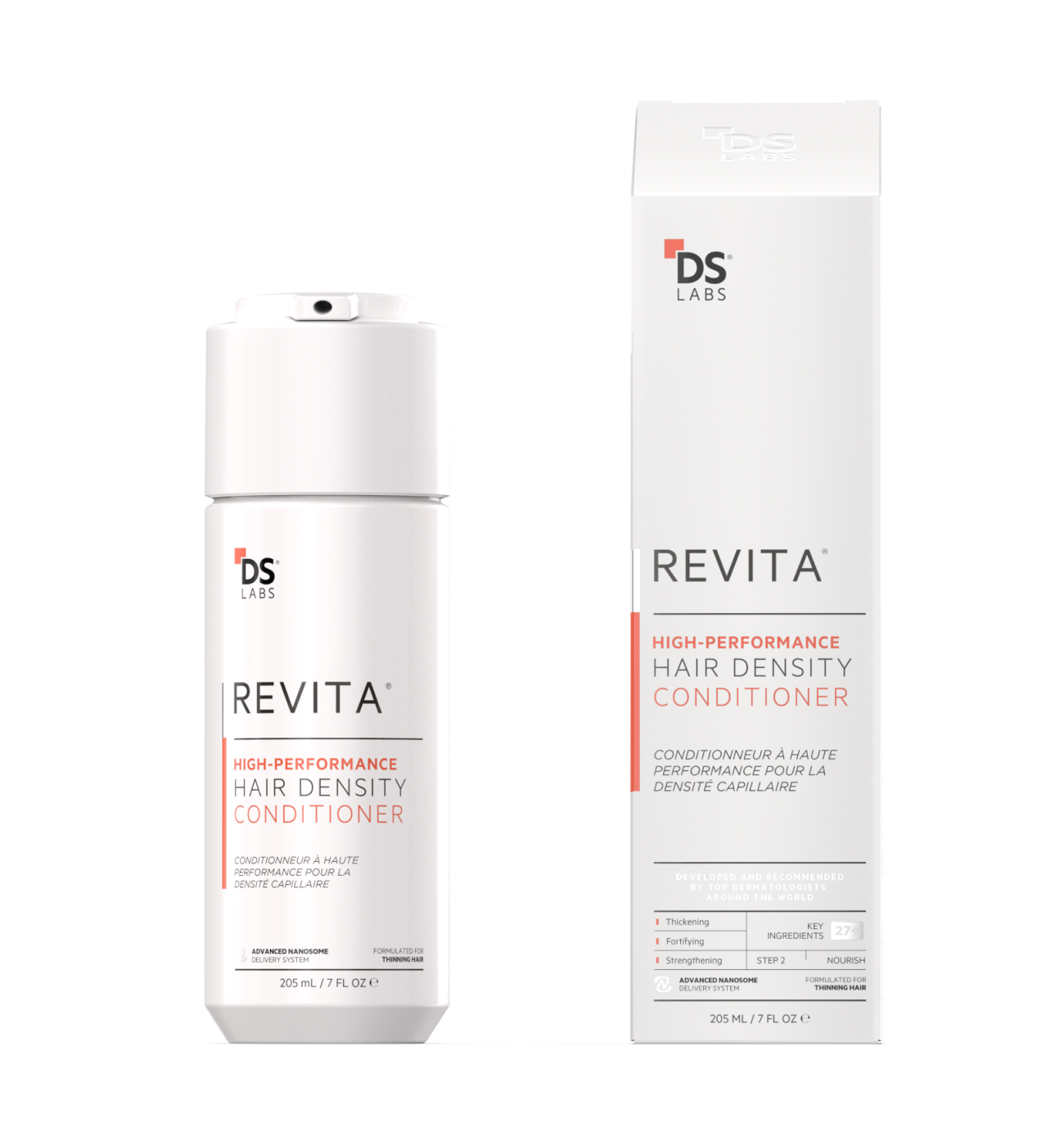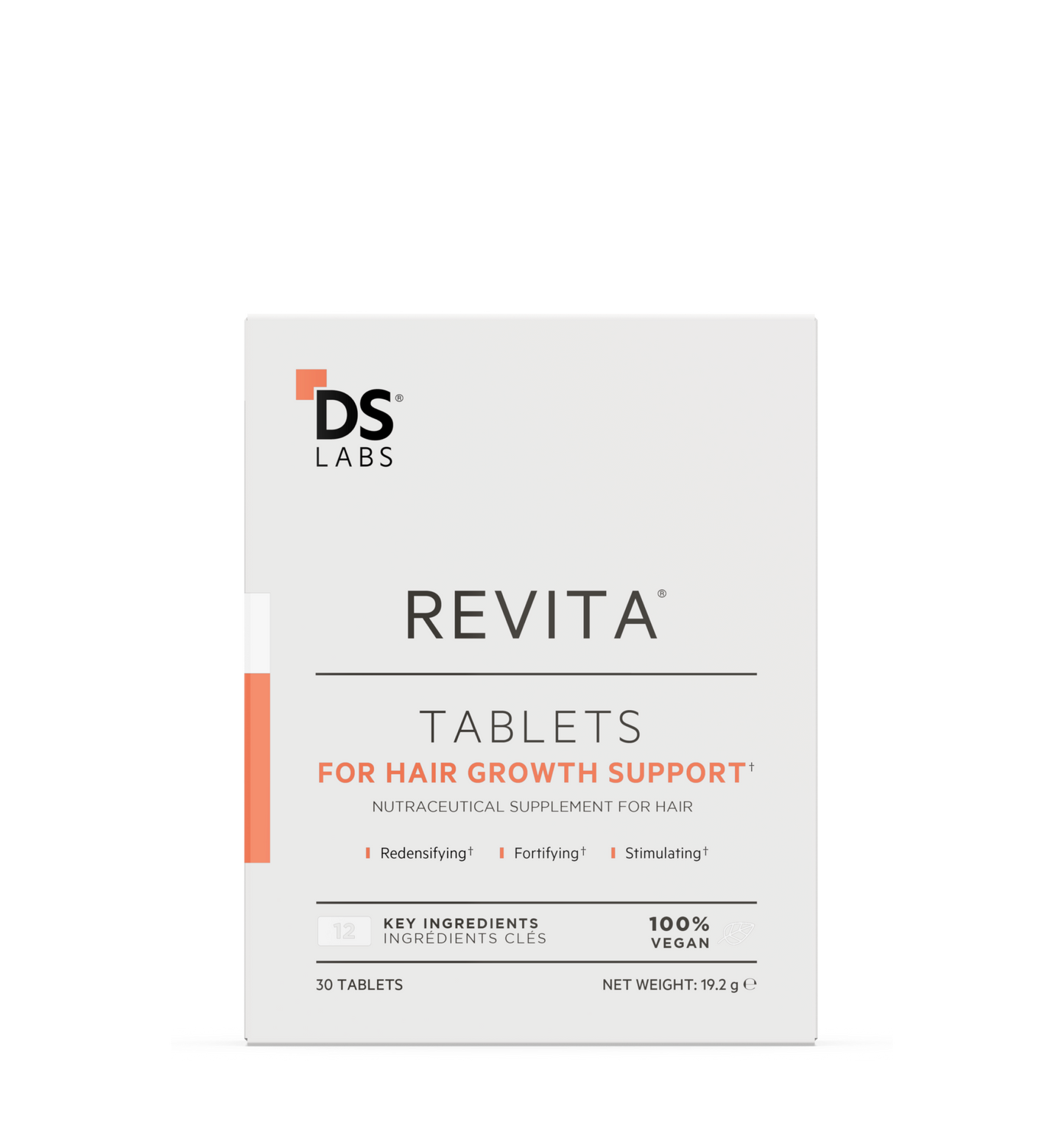Dry shampoos are extremely popular for several reasons. For many, they are an easy way to go a day or two in between washes. For others, dry shampoos are one of the best-kept styling secrets to getting plenty of volume, lift, and hold. And while most people can only say good things about this type of hair care product, some experts have identified a few concerns with overuse or incorrect use. Here, we share how dry shampoo works, which helps us uncover why it may not always be so great after all.
How dry shampoo works
Sometimes, it can feel like we can’t win when it comes to hair care. We either wash it too much, which can dry out our strands and scalp. Or, we don’t wash it enough, which can block follicles through the oil build-up. Dry shampoo was born out of the need for women, in particular, to go longer in between hair washes. Daily washing to maintain your desired hairstyle can get exhausting, time-consuming, and, quite frankly, expensive if you use a good quality shampoo and conditioner. So, several companies formulated dry shampoo to help absorb the oils from our hair so it wouldn’t look oily on days we didn’t wash.
Dry shampoos can come in a variety of forms: they can be aerosol sprays, powders, foam, and pastes. An aerosol spray is the most common form because it can cover the hair more evenly and is easier to apply than the other forms. The ingredients in dry shampoos vary based on the brand, but most contain a starch base in order to soak up natural oils.
Most brands have loose recommendations for how often you can use these products. Therefore, some people will only use them here and there as needed between washes, whereas others may use them in exchange for hairwashing for up to a week.
The problem with dry shampoo
But here lies the biggest problem with dry shampoo: it can prevent us from washing our hair when we actually need to get a good cleanse. Going too long in between washes can cause oil build-up on the scalp, which can block hair follicles and encourage the growth of certain fungi like Malassezia. For this reason, there are some warnings that excess dry shampoo use may lead to hair loss. This correlation is loosely tied, but we do know that Malassezia can cause hair loss and prevent normal hair growth.
What is more, too much absorbancy may strip the hair and scalp of its natural oils, causing excessive dryness. Overly dry hair can become brittle and break off easily, whereas an overly dry scalp can result in flaking.
How often can you use dry shampoo
The reality is that there are no concrete guidelines for how often you can or can’t use dry shampoo. With that said, there are a few things you should consider if you are going to use dry shampoo. Firstly, try to only use it on days in-between washes when you need it to either help style or curb oil shine and odor. Secondly, don’t use it in exchange for washing your hair when it actually needs a good cleanse. Dry shampoo is no alternative to shampoo and water. Nor does it lock in hydration and moisture like a good conditioner. Thirdly, make sure when you wash your hair, you make sure to remove remnants of dry shampoo to avoid build-up.
And as for how often you have to wash your hair, well, that really depends on your hair type. People with more oily hair naturally will need to wash more frequently every 1-2 days. However, those who have drier hair may be able to go up to three days in-between washes.
Final Thoughts on Dry Shampoo
Dry shampoo is a safe and often fantastic product that most people can use. However, it should not be a substitute for actually washing your hair. Rather, it should be utilized as a tool for styling your hair and getting you an extra day in-between washes here and there as needed. And when you do wash your hair, be sure you are using the best shampoo and conditioner system for your specific hair needs.













